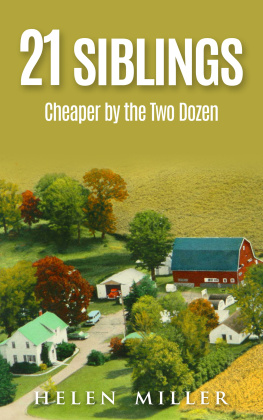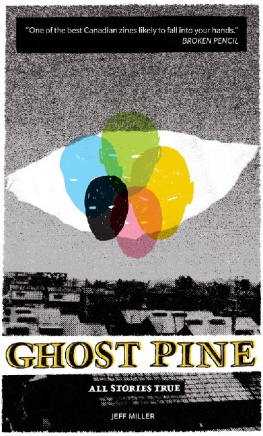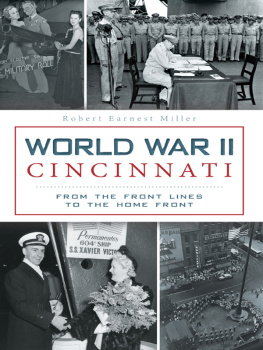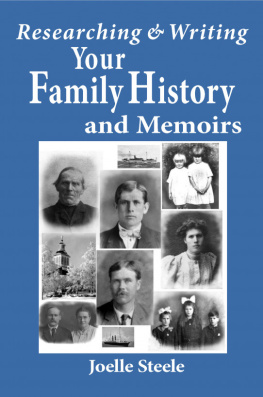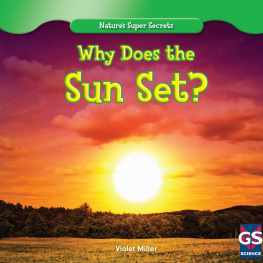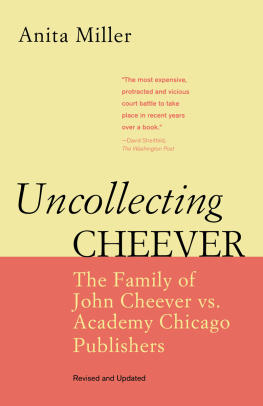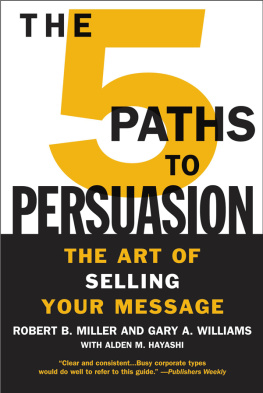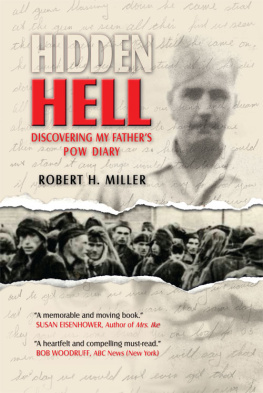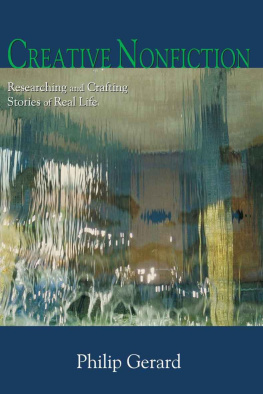RESEARCHING LIFE STORIES AND FAMILY HISTORIES
INTRODUCING QUALITATIVE METHODS provides a series of volumes which introduce qualitative research to the student and beginning researcher. The approach is interdisciplinary and international. A distinctive feature of these volumes is the helpful student exercises.
One stream of the series provides texts on the key methodologies used in qualitative research. The other stream contains books on qualitative research for different disciplines or occupations. Both streams cover the basic literature in a clear and accessible style, but also cover the cutting edge issues in the area.
SERIES EDITOR
David Silverman (Goldsmiths College)
EDITORIAL BOARD
Michael Bloor (University of Wales, Cardiff)
Barbara Czarniawska-Joerges (University of Gothenburg)
Norman Denzin (University of Illinois, Champagne)
Barry Glassner (University of Southern California)
Jaber Gubrium (University of Florida, Gainesville)
Anne Murcott (South Bank University)
Jonathan Potter (Loughborough University)
TITLES IN SERIES
Doing Conversational Analysis: A Practical Guide
Paul ten Have
Using Foucaults Methods
Gavin Kendall and Gary Wickham
The Quality of Qualitative Evaluation
Clive Seal
Qualitative Evaluation
Ian Shaw
Researching Life Stories and Family Histories
Robert L. Miller
RESEARCHING LIFE STORIES AND FAMILY HISTORIES
Robert L. Miller
Robert L. Miller 2000
First published 2000
All rights reserved. No part of this publication may be reproduced, stored in a retrieval system, transmitted or utilized in any form or by any means, electronic, mechanical, photocopying, recording or otherwise, without permission in writing from the Publishers.
 | SAGE Publications Ltd
6 Bonhill Street
London EC2A 4PU |
SAGE Publications Inc
2455 Teller Road
Thousand Oaks, California 91320 |
SAGE Publications India Pvt Ltd
32, M-Block Market
Greater Kailash - I
New Delhi 110 048 |
British Library Cataloguing in Publication data
A catalogue record for this book is available
from the British Library
ISBN 0 7619 6091 0
ISBN 0 7619 6092 9 (pbk)
Library of Congress catalog card available
Typeset by Photoprint, Torquay, Devon
Printed in Great Britain by The Cromwell Press Ltd,
Trowbridge, Wiltshire
Preface
Changes in the conduct of social science often have been dramatic. The application of quantitative statistical techniques to social data during the period following the Second World War was a revolution of sorts, bringing the social sciences much more to the centre and contributing immeasurably to their prestige and standing relative to the natural sciences. Ironically, just when this paradigm began to attain its zenith through the availability of computer-aided statistical modelling, the complacency of 1950s functionalist social science was rocked by the political upheavals of the late 1960s which led directly to the radical critical analyses of social structure, the feminist challenge to malestream social science and to the (re)discovery of paradigms of qualitative social research. In their turn, the ideological sureties of critical theories, original second wave feminism and accepted modes of qualitative research each have had their foundations undermined by the relativistic questioning of postmodernism. These shifts have been highly visible.
But changes need neither to be highly visible nor dramatic in order to be significant. The emergence of what now can be termed the biographical perspective follows this latter, quieter, pattern. In the West, qualitative researchers seeking to elicit in-depth information found themselves being led by their research subjects away from directed reports toward more discursive but informative narrative accounts of careers and life stories (Chase, 1995). Researchers in a variety of substantive areas who were seeking means of moving away from an atomistic focus on the present situation of single individuals were led to adopt perspectives that covered whole lives (for example, the life course research of Martin Kohli) or whole families across several generations (for example, the multi-generational family history charts of Bertaux 1995 or Andorka 1997).
Eastern Europe has had a strong popular tradition of life histories that has spanned the century. In particular during the decades after the Second World War an Orwellian situation existed in eastern European societies in which face-to-face communication could be a more reliable source of social and historical information than tightly controlled official sources, which led to a readiness to accept orally generated knowledge there.
These trends began to accelerate at the end of the 1960s. The result is that for upwards of a quarter of a century the use of biographical methods, including the taking of family histories, has been a lively and developing area of sociology (Simeoni and Diani 1995; Bertaux and Kohli 1984). The full programme of activities of the International Sociolgical Associations Biography and Society Research Committee is one of the clearest indicators of the areas health. Comparative research also takes place at the continental level through bodies such as the Biographical Perspectives on European Societies Research Network and at the national level through groups such as the Biographical Research Section of the German Sociological Association and the British Sociological Associations Auto/Biography Working Group. The rate of publication of monographs and edited book series (for example, Passerini 1992) is healthy and there is a small but growing number of texts concerned with the area. Biographical and family history research has now been applied to numerous substantive areas, employing a variety of theoretical viewpoints.
As stated above, the biographical perspective is an emergent perspective coalescing out of research activity in a number of disciplines that has been taking place in a variety of countries both in Europe and North America. To date, there has not been a single text that synthesizes the streams of biographical research that have developed independently. This book is an attempt to carry out this task. It will take the view that three differing approaches can be identified within the biographical perspective. These approaches can be labelled as the realist approach, the neo-positivist approach, and the narrative approach. While research practitioners may be eclectic in the techniques they adopt, pragmatically using insights from several or all three of these approaches, each has its own unique core of insight which it brings to the biographical perspective. The realist approach subscribes to grounded theory techniques of research and is based fundamentally in processes of inducing concepts from empirical data. The neo-positivist approach emphasizes the empirical testing of pre-existing conceptual frameworks. The narrative approach centres upon the process of constructing a view of reality that is carried out jointly by the researcher and the interviewee.
Overview of the book
Introduction The book begins by explaining the broad expanse of the techniques of life histories and family histories, how these two techniques are complementary and how they differ from the cross-sectional approach implicit in much social science research. An account is given of the sporadic development and use in the social sciences of life and family histories. Three basic perspectives on the life and family history methods the realist, the cultural and the narrative are introduced. Their current development and applications in an international context are surveyed.




